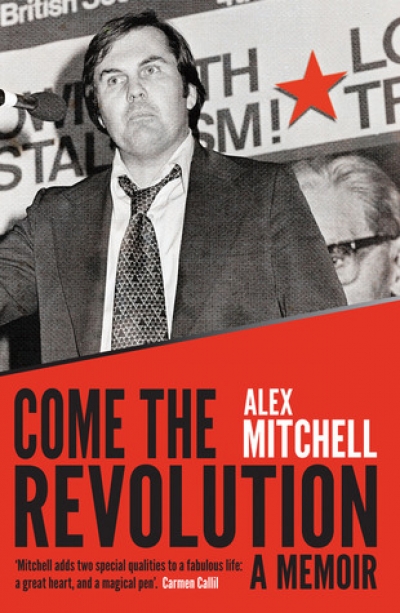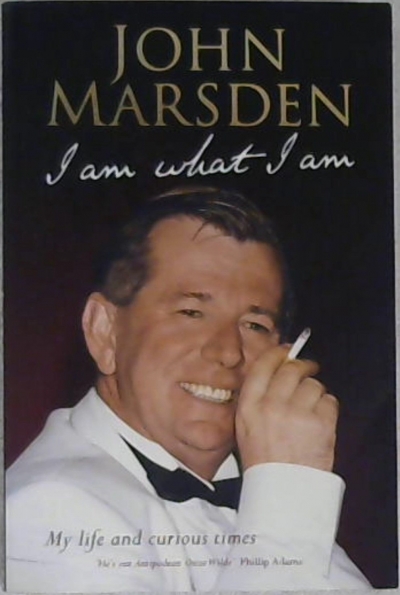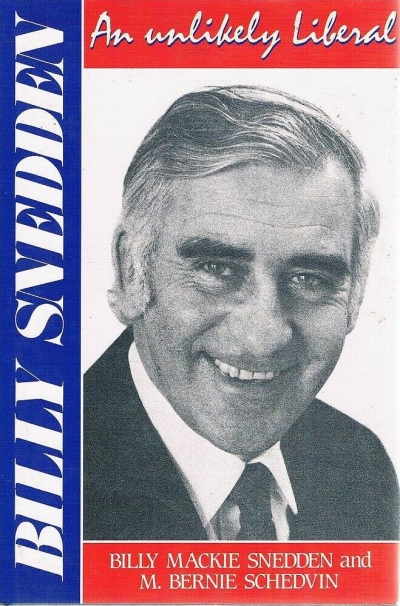Political Memoir
Tales from the Political Trenches by Maxine McKew
by Jane Goodall •
John Howard and Tony Blair both came to the prime ministership in landslides, Howard in 1996, Blair in 1997. They were on opposite sides of the traditional political divide, Howard leading a Liberal Party opposed to Australian Labor and Blair leading the British Labour Party ...
... (read more)Malcolm Fraser: The political memoirs by Malcolm Fraser and Margaret Simons
by Neal Blewett •
I Am What I Am: My life and curious times by John Marsden
by Robert Reynolds •
Ross Fitzgerald reviews 'Billy Snedden: An unlikely Liberal' by Billy Mackie Snedden and M. Bernie Schedvin
by Ross Fitzgerald •
Neither a conventional biography nor an autobiography, Billy Snedden is a story told in two quite distinct and authentic voices. There is that of the late Sir Billy Snedden, Liberal Party leader from 1972 to 1975, and Dr Bernie Schedvin, lecturer in politics at La Trobe University.
... (read more)





